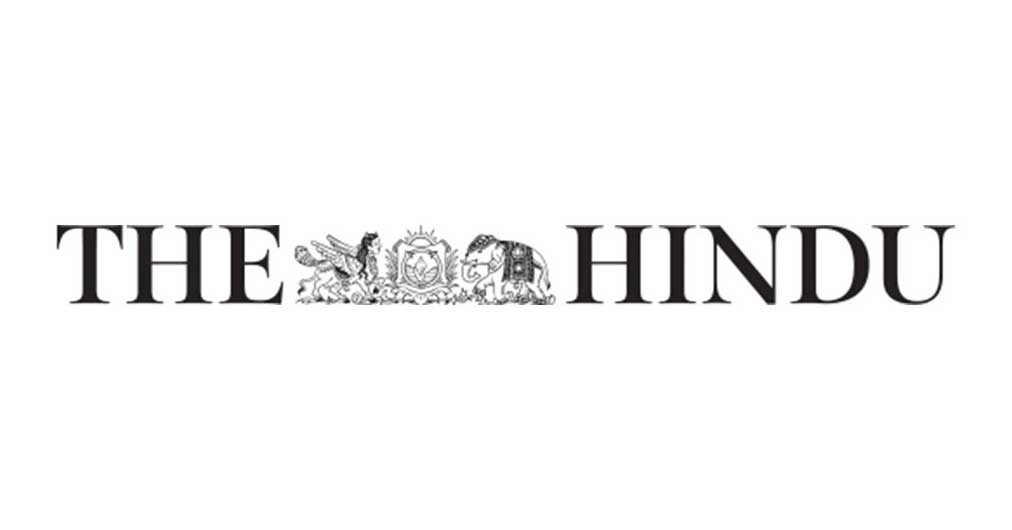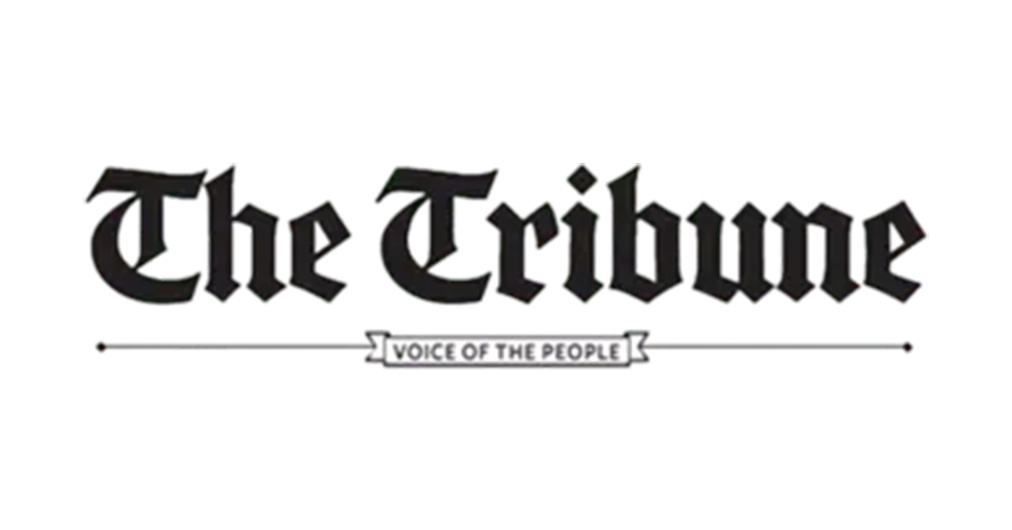Facilidade de fazer negócios para MPMEs: o ecossistema de pequenas empresas tem vários atores, como proprietários, funcionários, clientes, fornecedores, parceiros, órgãos reguladores, financiadores e outras partes interessadas. A experiência de transformação começa com uma meta, e a jornada começa com uma declaração de problema, que, espera-se, termine com o resultado e o impacto desejados.
Facilidade de fazer negócios para MPMEs: Transformar o ecossistema de pequenas empresas na Índia tornou-se uma necessidade monumentalmente crítica e urgente, ainda mais nos últimos seis meses, devido a uma queda contínua do PIB de 7,5% no primeiro trimestre de 2019 para um crescimento quase nulo no segundo e terceiro trimestres de 2020. O fato de as pequenas empresas contribuírem com 25% do PIB e serem uma fonte de emprego não agrícola para dois terços da população ativa na Índia torna esse problema grave. Os fatores que sustentam a situação atual são vários, e um dos mais importantes é a quase inexistência de lentes holísticas para analisar o ecossistema das pequenas empresas como um todo. Embora tenham sido feitas tentativas fragmentadas, muito mais precisa ser feito. Este é o quadro macro das linhas de tendência de transformação do ecossistema de pequenas empresas que precisa ser compreendido, implementado, executado e governado antes mesmo de tentarmos analisar as transformações em nível de empresa.
Os atores, a experiência de transformação, o passado e o futuro: O ecossistema de pequenas empresas tem vários atores, como proprietários, funcionários, clientes, fornecedores, parceiros, órgãos reguladores, financiadores e outras partes interessadas. A experiência de transformação começa com uma meta, e a jornada começa com uma declaração de problema, e espera-se que termine com o resultado e o impacto desejados. Resumi as linhas de tendência de transformação para cada combinação de ator e estágio na experiência/viagem de transformação, para descrever qual era o paradigma no passado e qual poderia ser no futuro.

Proprietário: Os proprietários de pequenas empresas tentaram vencer sozinhos, competindo ferozmente entre si devido à escassez de recursos e a uma longa cauda de pequenas empresas que carecem de formalização (apenas uma pequena porcentagem de cerca de 75 milhões de MPMEs tem acesso a crédito e várias não estão registradas), pois o custo da formalização muitas vezes excede os ganhos do negócio! Com a expectativa de que mais de um quinto das empresas fique fora do mercado devido à situação da Covid-19, a batalha por recursos pode se tornar mais obscura.
A prudência está em reconhecer o fato de que as pequenas empresas precisam vencer juntas, não lutando, mas fazendo parcerias entre si. Se as metas forem expressas para incentivá-las a formar parcerias, vejo uma vantagem significativa no aumento da competitividade e, portanto, nas chances de crescimento lucrativo. Isso implica em ideação, adotando uma abordagem colaborativa para pensar em novos modelos de negócios, aprendendo e desaprendendo juntos e definindo comercialmente e resultados e impactos socialmente relevantes.
Funcionários: Ser leal e passar a vida inteira no mesmo emprego (especialmente em empresas orientais no Japão, na China, na Índia etc.) eram paradigmas muito elogiados no passado. Isso significava que os funcionários buscavam transformações para subir na hierarquia, servir ao mestre em um ambiente patriarcal de comando e controle e, por fim, almejar ser rico ou estar em uma posição de poder. Amanhã, os funcionários passarão por transformações que enfatizam a produtividade, e não o teor nas organizações, as habilidades, e não o poder, as parcerias com seus proprietários, e não a lealdade, e, por fim, buscarão maior grau de liberdade para fazer suas escolhas de carreira e expressar o que desejam.
Pedir aos funcionários que sejam empreendedores sem dar sua parte dos lucros é como esperar que alguém ame o filho de outra pessoa tanto quanto o seu próprio filho! Nobre no espírito, mas contra a natureza na realidade. Os funcionários de amanhã serão profissionais nômades, unidos por algum tempo para produzir resultados de benefício mútuo, mas não vinculados como os trabalhadores de antigamente.
Clientes, fornecedores e parceiros: O antigo paradigma de clientes internos e externos é válido até hoje, mas com uma nuance. O passado pertencia à era da hierarquia, o que resultava no ditado dos termos de engajamento e da equação de poder. Na maioria das vezes, em situações de ganha-perde, a posição e o controle de uma pessoa na cadeia de valor definiam sua meta, a abordagem de engajamento na natureza das transformações que se buscava, muitas vezes com os resultados e impactos desejados servindo aos propósitos como uma troca entre si. Amanhã pode ser diferente. A escassez de recursos e as mudanças nas estruturas econômicas e sociais em todo o mundo reescreverão os paradigmas das transformações.
Reguladores, financiadores e outras partes interessadas: As funções dessas entidades devem mudar. No passado, o que importava era o exame minucioso das empresas, o foco em aplicações negativas (penalidades, multas, leis restritivas draconianas), tendências extrativistas e busca de poder para aqueles que detinham uma posição de autoridade ou dinheiro para financiar as empresas. O futuro testemunharia a transição dos papéis para catalisar, ser construtivo, exercer reforço positivo e, finalmente, capacitar as empresas e dar-lhes poder. Pense no governo como a grande plataforma, não como um órgão regulador como conhecemos hoje, pense em uma entidade de financiamento como uma grande instituição financeira central não executiva, e não como aquele que dá as ordens na sala de reuniões. O futuro é promissor. Não deveríamos moldá-lo?
Fonte: Expresso financeiro




